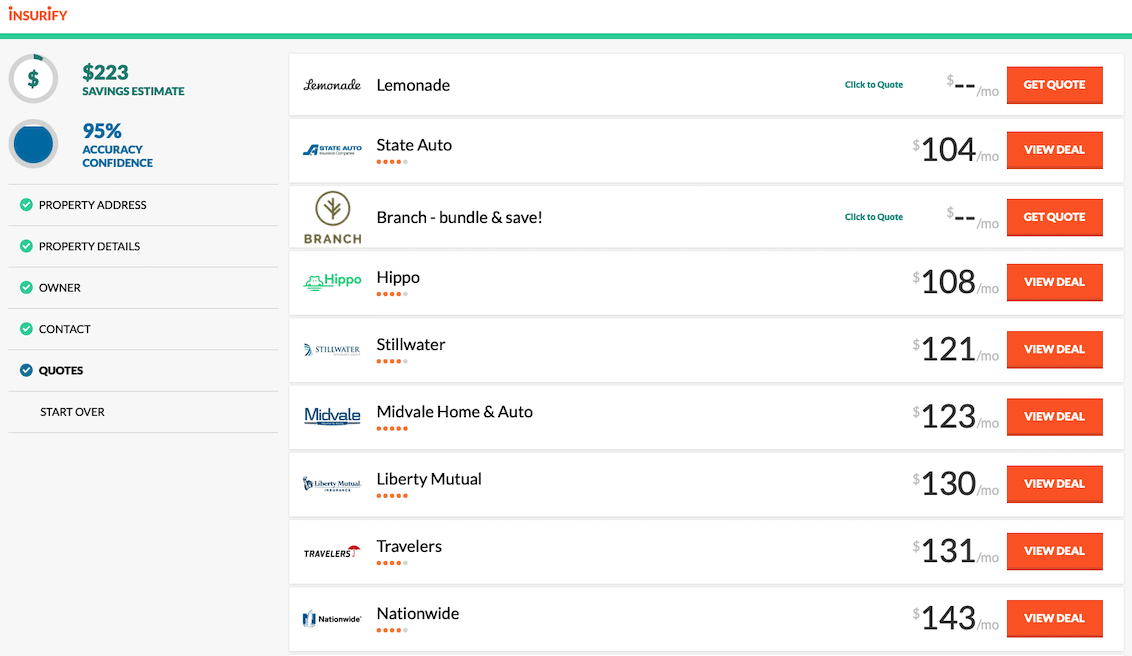
A PPO plan is a type of health insurance that allows you to see a doctor or hospital in network, or out of network. However, the plan can cost more than an HMO, and your out-of-pocket costs are higher. A PPO may be right for you depending on your needs and your budget. There are many benefits to choosing a PPO.
One of the biggest advantages of a PPO plan is flexibility. PPO networks can be very large, and providers can be found in almost any city or state. This means that you can easily find the best doctors or medical care in your area. Because the PPO network rewards in-network care you may be able to pay less out of pocket for the services you need.
Another advantage of a PPO plan is the possibility to choose your own primary physician. In some cases, you will not need a referral from your PCP to see a specialist. It is possible to visit specialists without the referral of your PCP. You may also need to pay a copay (or a fixed amount) for certain healthcare services.

It is possible to save money by calling your insurance before you get care from an out of network provider. Calling the insurance company before you receive care from an out-of-network provider can help to prevent your claim being denied. It also helps to avoid unnecessary costs.
If you have a private medical plan (PPO), you can access any provider in your network. You have the option to choose the doctor that you like. However, you are still obligated to pay for any care you receive outside of the network. Although insurance companies and physicians often agree to lower the usual rates for their services, you could still end up paying more if they choose to refer you to an out of network provider.
Another advantage of a PPO is the fact that your doctor and other medical professionals can negotiate schedules and fees with the health facilities they work with. With a PPO you will have more options for testing and lab locations. You can receive the care you need even when you are away or traveling.
When choosing a PPO, you must also consider copays, deductibles, and coinsurance. The deductible is a set amount that you must pay each year before your insurance coverage kicks in. The coverage typically covers the first $1,000 of your expenses. After that amount, your insurance company will pay the rest. A copay is an amount that you pay every time you visit a provider. Depending on your plan, you may also have to pay for birth control or tonsillectomies. You can also pay for prescriptions you get at the pharmacy. However, your insurance company will need to confirm what prescriptions you are eligible for.

PPO policies can be an excellent option for self-managing your own medical care. It's a great choice for people who travel frequently and wish to see any type of health care provider. You will need to consider your specific needs, your budget, as well as your lifestyle.